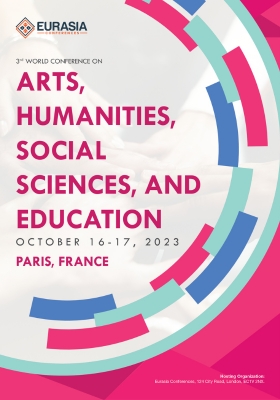
Dr. Nona Press
In 1997, Paul Gilster coined the idea of ‘digital literacy’ to describe the term “literacy for the digital age” (Gilster, 1997, p. 1). It pertains to the ability to understand and use information in multiple formats, from different sources, and presented through computational means. However, the term digital literacy did not gain widespread consideration for at least another decade, often misunderstood and used differently. Indeed, the term digital literacy has largely defied a concrete definition, despite the apparent currency of this term in 21st century higher education. Against this backdrop, the research investigated 42 universities to unpack the meanings of digital literacy as ascribed by each university examined. The aim is to establish how such meanings influence the contemporary enactment of student development and to locate the meanings of the term digital literacy. The study showed variations in defining this term and noted that universities have diverse educational goals as espoused in their corresponding definitions of digital literacy, from developing technical skills of using and understanding technology, to possessing a set of capabilities for living, learning and working in an increasingly digital world. For universities who identified a coherent account of digital literacy, the results indicate that their practices of promoting the development of digital literacy are entrenched in their espoused intent for graduate outcomes. The paper concludes with curricular and pedagogical implications in preparing and assisting students for the challenges of living, learning and working in a digital society.